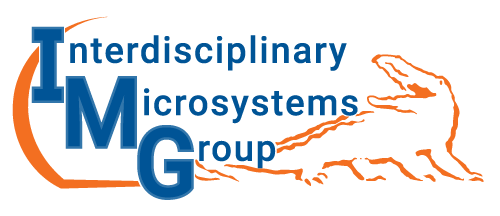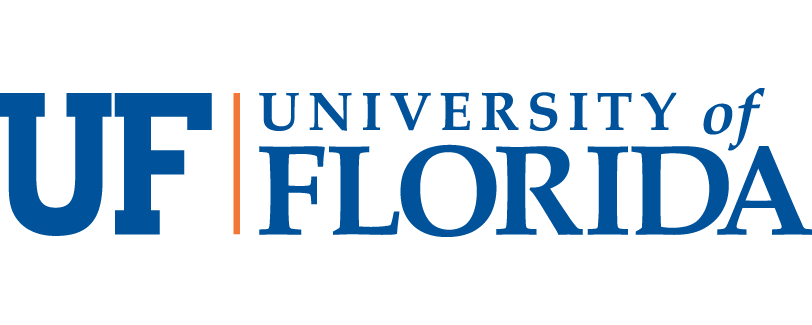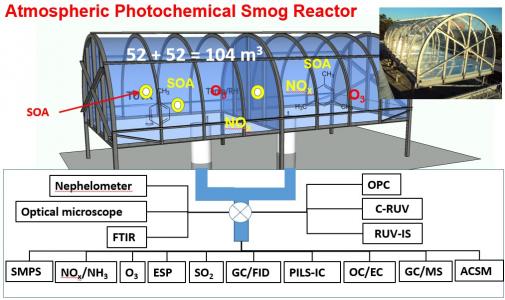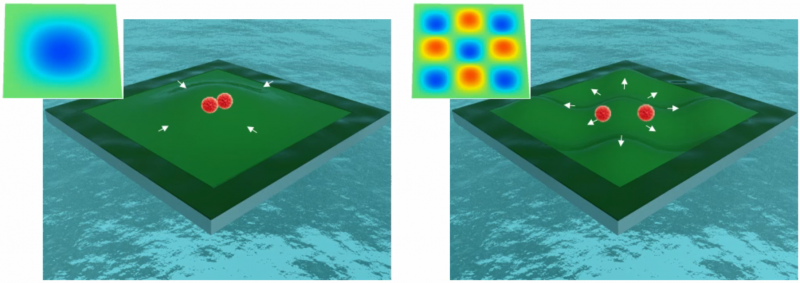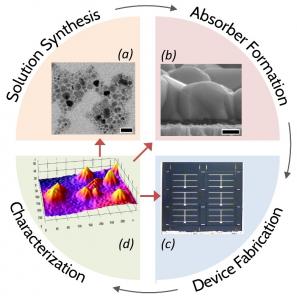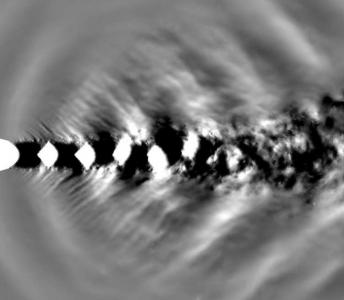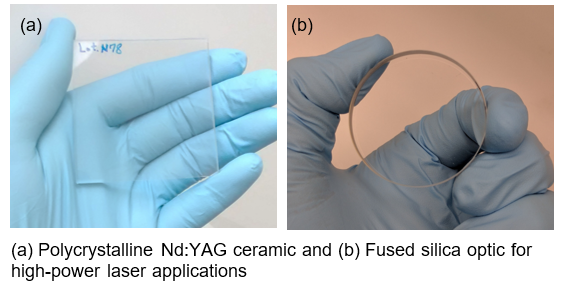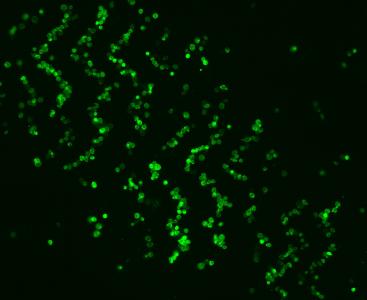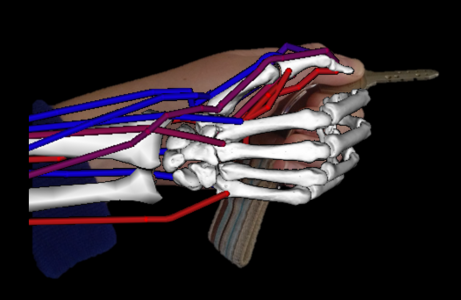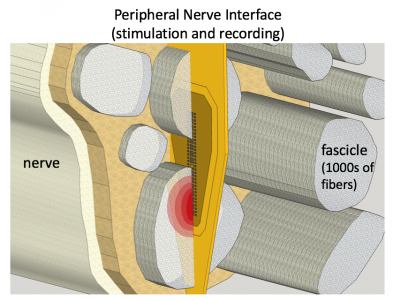This week, the speakers for the IMG Seminar are:
- Dr. Chelsea Simmons on Cells as Microsystems
- Jacob Amontree (Dr. Fan's group) on Capillary Force Driven Single-Cell Spiking Apparatus for Studying Circulating Tumor Cell
Cells as Microsystems. Successful integration of MEMS with biomedicine requires an intimate understanding of biophysiological processes. Dr. Simmons will describe tools at the micro and mesoscale she uses to study these processes, including cells themselves! Specific applications in cancer and regeneration will be highlighted.
Capillary Force Driven Single-Cell Spiking Apparatus for Studying Circulating Tumor Cell. The characterization of single cells within heterogeneous populations has great impact on both biomedical sciences and cancer research. By investigating cellular compositions on a broad scale, pertinent outliers may be lost in the sample set. Alternatively, an investigation focused on the behavior of specific cells, such as circulating tumor cells (CTCs), will reveal genetic biomarkers or phenotypic characteristics associated with cancer and metastasis. On average, CTC concentration in peripheral blood is extremely low, as few as one to two per billion of healthy blood cells. Consequently, the critical element lacking in many methods of CTC detection is accurate cell capture efficiency at low concentrations. To simulate CTC isolation, researchers usually spike small amounts of tumor cells to healthy blood for separation. However, spiking tumor cells at extremely low concentrations is challenging in a standard laboratory setting. We report our study on an innovative apparatus and method designed for low-cost, precise, and replicable single-cell spiking (SCS).
